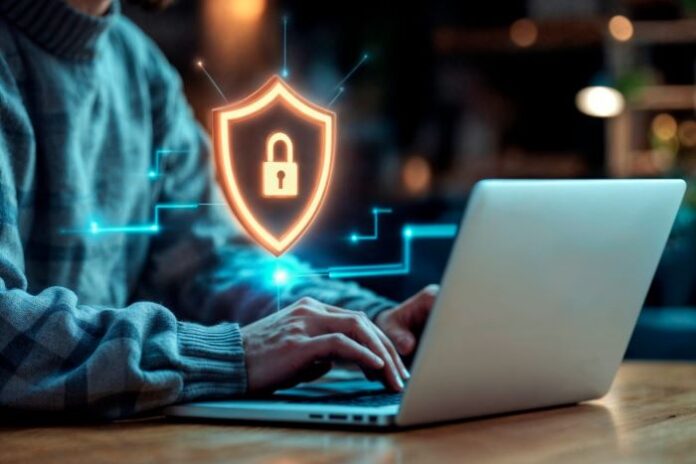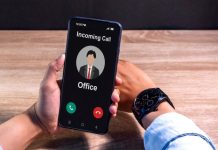You probably notice how often websites ask for your personal data. Shops track your clicks. Social platforms map your habits. Even your internet provider can log your browsing history. These aren’t paranoid thoughts – they’re the shape of the modern web. Whether checking the news on public Wi-Fi or streaming a show on your phone, your digital trail rarely stays private. Surveillance laws are tightening, and data collection is accelerating. Turning to a virtual private network (VPN) can help you stay in control and maintain your online privacy.
Here, we’ll discuss their importance and offer advice on choosing the right provider. We’ll also run through how to use a VPN and general tips on staying safe online.
Table of Contents
Why Use a VPN in the UK Today?
Your internet connection might feel private. However, most of the time, it’s anything but. Without a VPN, your internet service provider (ISP) can log the websites you visit. Advertisers build detailed profiles based on your online behavior. If you use public Wi-Fi, such as at cafes or airports, hackers can intercept your data with alarming ease.
ISPs can store your browsing history for 12 months since the UK’s Investigatory Powers Act became law. They can also share it with dozens of government departments. A VPN stops this. It encrypts your traffic and routes it through a secure server. This server is often in another country, making it unreadable to your ISP and snoopers. This shields your activity from surveillance. It also allows you to access content that might otherwise be restricted.
Choosing the Right VPN Service
Don’t settle for the first free VPN you find. Many free services log your data or sell your activity to advertisers. This defeats the whole point of using a VPN. Focus on providers with:
- A strong no-logs policy
- Independently audited security practices
- Clear ownership
Make sure the VPN offers strong encryption, a choice of global servers, and reliable speed. If you plan to stream or download, pick one with fast connections and unlimited bandwidth. And check whether the service works across different operating systems. You don’t want a VPN that protects your laptop but ignores your phone.
Before you commit, take advantage of free trials or money-back guarantees. And test how the VPN performs on your devices and networks.
How to Set Up a VPN on Your Devices
Once you choose a provider, download the official app from the VPN‘s website or your device’s app store. Avoid third-party copies – they might be unsafe or tampered with. After installing the app, log in using your account details. Then follow the onboarding process, which usually takes under five minutes.
Most apps let you connect to the fastest server, but you can also select a location manually. This feature is useful if you want to access region-specific content. Set the app to launch at startup so you’re protected automatically. Windows or Android also lets you configure the VPN through system settings.
Enable the kill switch feature if the app offers it. If the VPN connection drops, it blocks your internet, so your real IP doesn’t leak.
Everyday Use: Staying Private and Secure Online
You don’t need to stay connected to the VPN 24/7. But it’s wise to use it when browsing unfamiliar networks or accessing sensitive accounts. Public Wi-Fi should always raise a red flag. It’s best to connect to the VPN before opening your browser. A VPN also helps protect your online data privacy by masking your IP address and encrypting your data, making it harder for advertisers, hackers, or even your internet provider to track your activity.
Keep the app updated to ensure you have the latest security patches. If the VPN includes malware or tracker blocking, activate it. These tools stop websites from profiling you across the web.
Some services also offer split tunnelling. This feature lets you route certain apps through the VPN while others use your normal connection. This gives you flexibility. For example, you might want to access local bank services without triggering fraud alerts.
With a VPN, you’re not invisible but much harder to track. Used right, your online privacy becomes one of the most effective defences you can carry into your digital life.











